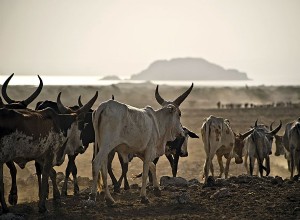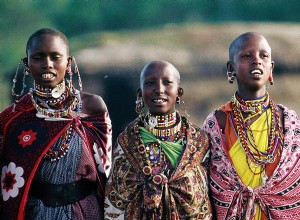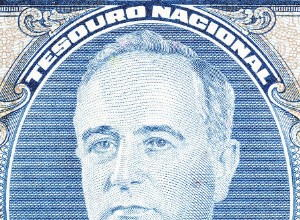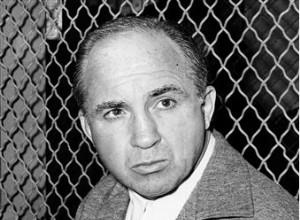Africa in ancient times Roman history, Romes first North African territory, at times approximates modern Tunisia . It became 146 v. After destruction Carthage at the end of the acquired during the third Punic War . Britannica Quiz Destination Africa:Fact or Fiction? Is Afr




